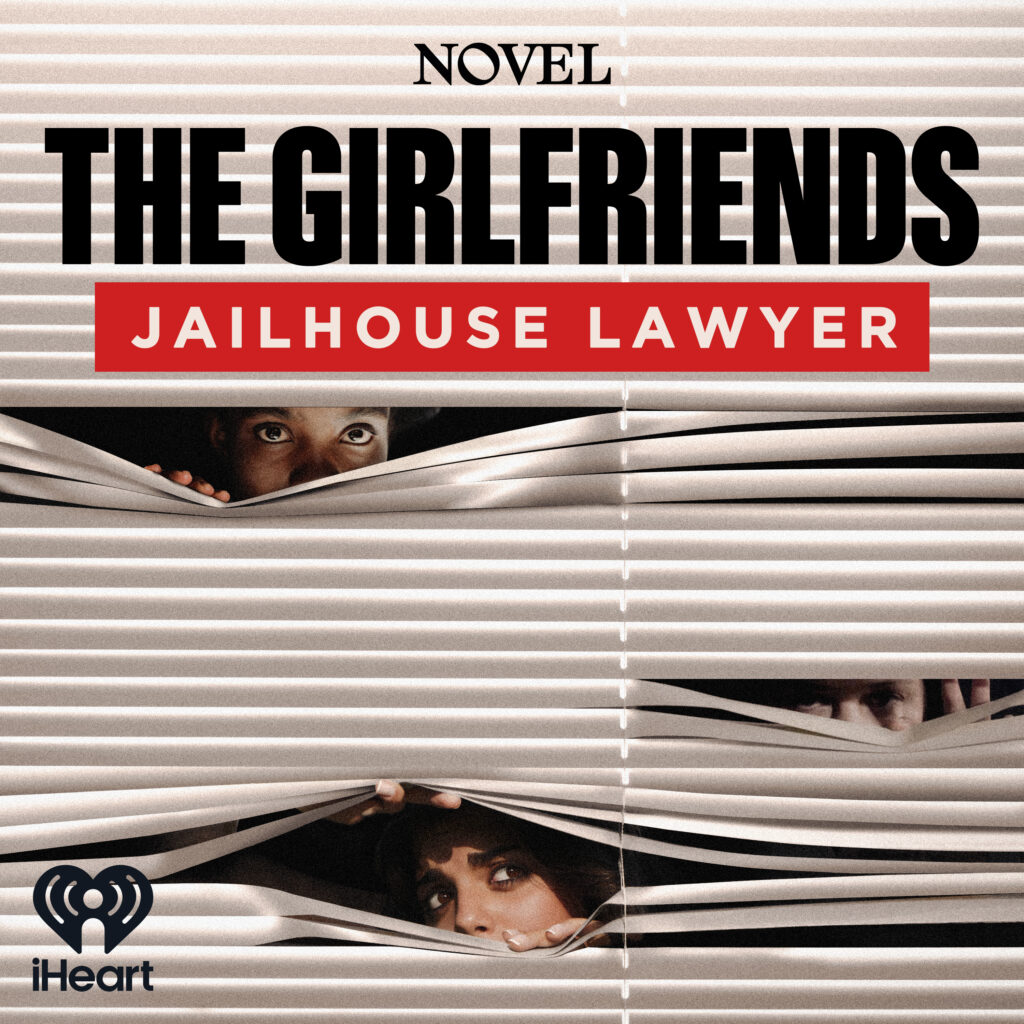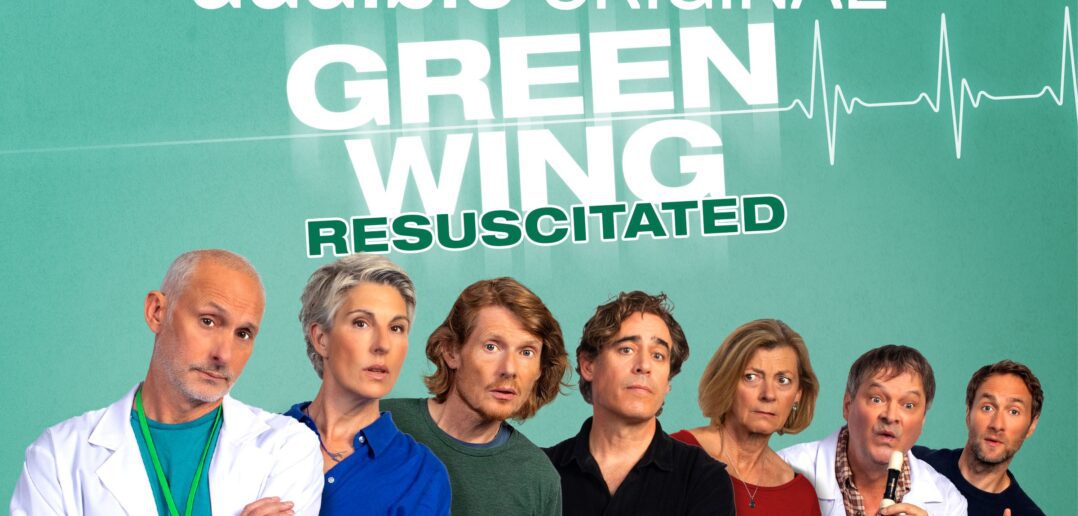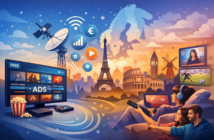The Future of Podcast IP: Premium Storytelling vs. Creator-Led Hit
When Amazon announced it was shutting down Wondery, the podcast industry’s reaction was immediate: if one of the biggest “premium audio” players can’t survive, what does that mean for the rest of the field?
I put the question to Willard Foxton, Creative Director at Novel, and his answer was sharp: “The podcast market – like most entertainment – is splitting into either Gucci or Dollar General, with nothing much in between.” He argued that premium narrative podcasts will survive, as will creator-led shows like the Kelce brothers’ podcast, but everything in the middle is under pressure.
For TV producers, that framing feels familiar. It’s the same dynamic we’ve watched play out on screen for years – high-budget prestige dramas on Netflix one side, low-cost creator content on YouTube on the other. The middle tier gets squeezed. And just as in TV, survival in podcasting comes down to more than format or budget. The shows that travel into other media have to prove themselves first.
What Makes IP “Undeniable”
According to Foxton, a podcast has to succeed on its own terms before anyone should think about adaptation. “It can’t simply be something you see and think « oh that would make a great TV series, I’ll make it just as an IP play » – it has to be a great podcast as well.”
The bar is high: only three or four out of every hundred projects break out. The common threads are clear: strong characters, a robust story structure, and something actors and audiences can connect to. “There’s plenty of fantastic podcasts out there that either don’t translate visually, or are so rooted in narrative investigation they don’t have fully rounded and compelling characters,” he said.
Why Procedurals Win
If there’s one format TV buyers immediately understand, it’s procedural. “Buyers are much more interested in a returning series than a limited one, simply because limited series are finite for a similar investment up front,” Foxton explained.
His series Jailhouse Lawyer illustrates why. A woman, wrongfully imprisoned, becomes a lawyer behind bars and helps her fellow inmates win their freedom before securing her own. “You can immediately see how that can become a returning series with a case of the week, while long running character/story arcs play out in the background.”

Word-of-Mouth vs. Numbers
Big audience numbers help, but sometimes it only takes the right listeners. “Only six people listened – but they all owned a movie studio,” he joked about one of his podcasts. In practice, strong word-of-mouth within the industry can be enough to spark a bidding war, even when download numbers aren’t at blockbuster scale (yet).
Brand Tension and Business Models
Podcasting is also shaped by competing commercial pressures. On one side are brand-safe, ad-funded shows led by talent. On the other, riskier narrative storytelling that may put off sponsors but delivers long-term IP value. True crime shows can struggle to monetize with certain brands simply because of keyword restrictions. “For example, some major brands have a keyword list they won’t allow their brand to be advertised next to, and obviously if you’re making true crime, you will often have to say « kill », « murder » or « gun »,” Foxton noted.
That hasn’t stopped broadcasters from experimenting. From companion podcasts that support TV campaigns (The Diplomat), to audio revivals that reignite old IP (Green Wing), the boundaries between marketing tool and independent franchise are increasingly fluid.
Limits and Global Reach
One surprise? International crossover is still rare. “What’s a big hit in Germany or Spain is rarely a hit over borders and the classic TV game of taking a successful UK format and trying it overseas hasn’t really happened,” Foxton observed. His team has experimented with translations but found language segmentation a real barrier – though markets like India and Japan, with large English-speaking audiences, are exceptions.
Takeaway for TV
The lesson for TV producers is clear: podcasts have become an IP lab, but not all shows are created equal. Premium narrative podcasts, though resource-intensive, are designed with (TV) adaptation in mind. Creator-led shows deliver reach but less often translate.
Or as Foxton put it: “Narrative podcasting is very hard to do, and requires a significant team with real journalistic and audio experience. In our niche, that expertise-based moat isn’t going away anytime soon.”




